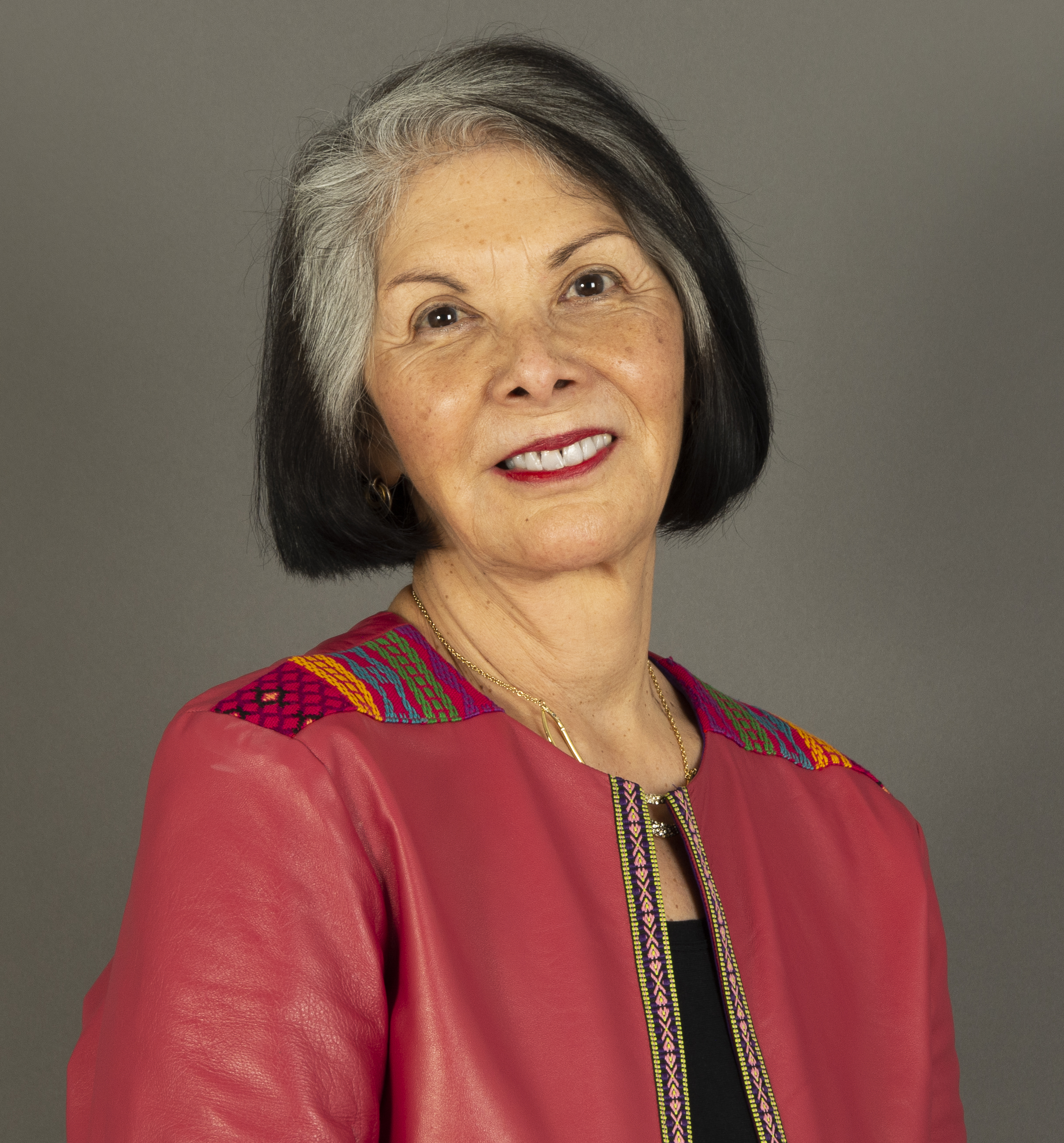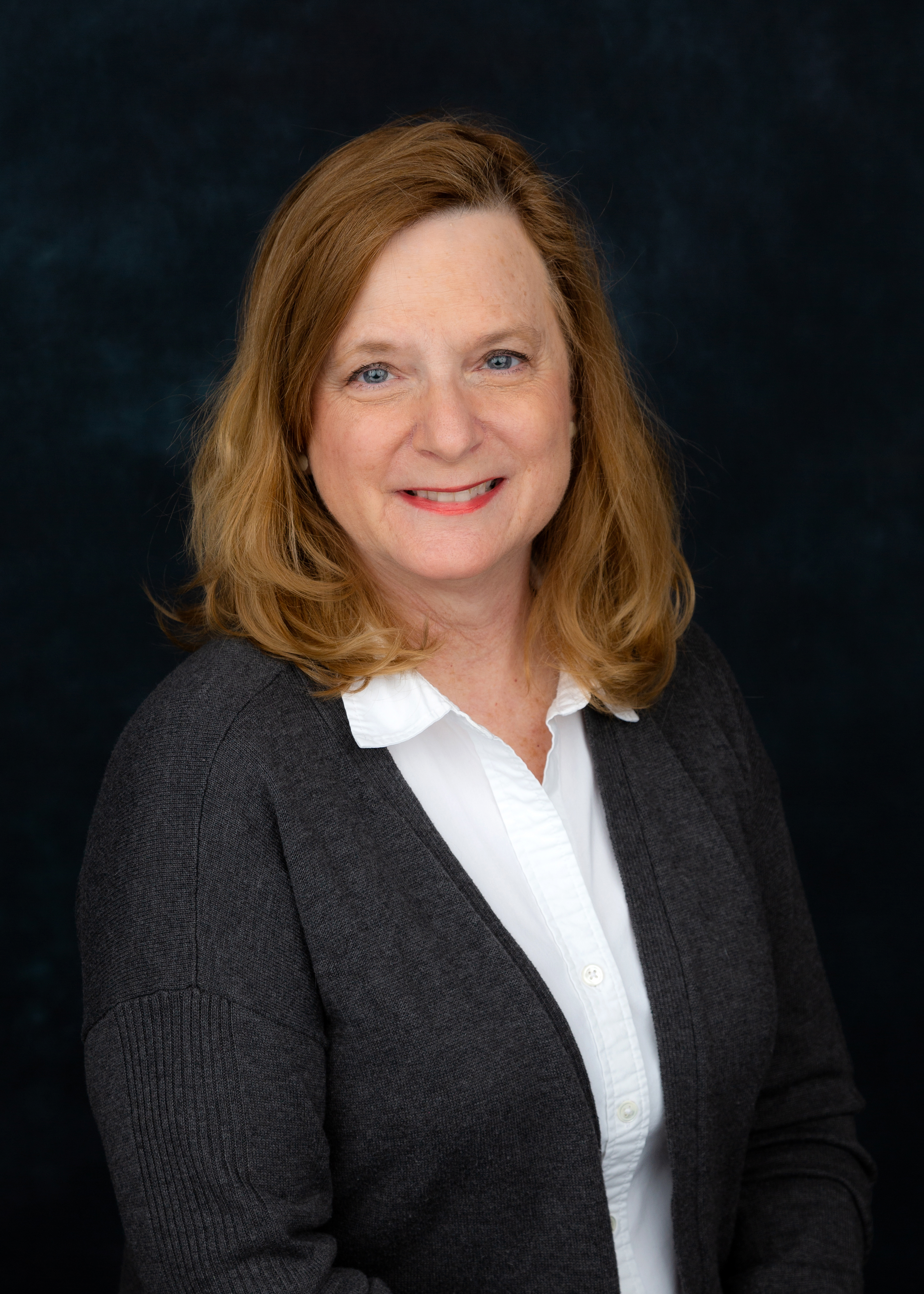Behind The Book: Q&A with Co-Editors of Counseling With Immigrants, Refugees, and Their Families
June 2024

Immigrants, refugees and their families face many mental and physical health challenges as they create new homes for themselves in the U.S., and these challenges have not been widely studied or documented. ACA’s recent book Counseling With Immigrants, Refugees and Their Families From Social Justice Perspectives is a comprehensive resource for counselors who work with these populations, and it provides social justice and multicultural counseling competency frameworks to help them establish best practices for treatment. Counselors will also learn about the vast contributions immigrants and refugees make to this country and how to support their efforts to thrive against the odds.
We spoke with the co-editors to learn more about this book: Patricia Arredondo, EdD, is the president of the Arredondo Advisory Group and a past president of ACA and the Association for Multicultural Counseling and Development. Mary Fawcett, PhD, is a professor of counselor education at Winona State University and a past president of the Minnesota Counseling Association. Dawnette Cigrand, PhD, is a professor and department chair of counselor education at Winona State University, licensed school counselor and past president of the Minnesota School Counselor Association. Sandra Bertram Grant successfully completed her dissertation and will officially earn her PhD in counseling psychology from the University of Denver in August. Rieko Miyakuni, PhD, is an Okinawan native and teaches in the counselor education department at Winona State University. Dariyan Adams earned her master’s degree in school counseling and clinical mental health counseling at Winona State University.
Why did you decide to write this book?
Patricia Arredondo: I have had this book on the top of my writing list for many years because of the dearth of research in the counseling profession that addresses the experiences of immigrants, refugees and their families and the mental health implications of their migration. Through my research and clinical work with immigrants and refugees over the past 40 years, I have found that they are foundational to the well-being of the U.S. economy and are instrumental in scientific innovations, as well as neighborhood and educational development as workers, entrepreneurs and consumers.

In our book, we describe immigrants, refugees and their families through a developmental lens, as collectivistic units, and with multidimensional identities and histories. In a white-majority society, colorism is a reality. As a result, Black, brown, and Asian immigrants often experience racism because of their visible difference — whether it be color, dress, language or other perceived differences. Signaling out an immigrant’s identity generally generates negative images and not the assets they possess. The colonization beliefs and practices in the U.S. minimize, marginalize and underestimate individuals and families, which is why cultural and social justice competencies must underlie the work we do as counselors.
Finally, I also want readers to identify their own immigrant history. In the U.S., we are children, grandchildren or descendants of immigrants; descendants of African slaves; or Indigenous brothers and sisters, the original keepers of the land. We all carry history and need to know that history. I hope the book raises this reality.
Why is adopting a social justice perspective critical in treating the mental health concerns of immigrants and refugees?
Dawnette Cigrand: Around the world, migrant groups are often oppressed before, during and after they migrate. Many are stereotyped and criminalized using pejorative terms such as “illegal alien,” and a “we don’t want them” government policy response to people who flee harrowing circumstances such as war, violence and hunger in their countries of origin. As defined by the 1951 Refugee Convention, refugees are people who have left their country of origin for fear of “persecution, conflict, generalized violence, or other circumstances that have seriously disturbed public order and, as a result, require international protection.”

Counselors should not be another group that oppresses immigrants and refugees. Instead, counselors have an ethical responsibility to understand oppressed clients’ histories and perspectives to avoid harm and the imposition of their own values (see the 2014 ACA Code of Ethics) and to champion clients’ autonomy. When counselors use a social justice lens, as envisioned by the Multicultural and Social Justice Counseling Competencies (developed by Manivong Ratts, PhD, LMHC, and colleagues in 2015), to see the individual, intersecting identities of immigrant or refugee clients and their families, authentic relationships can be established to elevate clients’ goals and value systems. To treat these populations, counselors must also understand what clients want from meeting with us and then use social justice-based practices of equity and respect in the counseling process. We must remember that empathy is essential, as well as cultural responsiveness. The counselor’s ethical charge also includes advocacy efforts to thwart barriers to client development at the individual, group, institutional and societal levels.
What did you learn about this population while researching and writing this book?
Sandra Bertram Grant: I learned many lessons when researching this book. Our case examples, with immigrant and refugee populations across the lifespan, describe practical approaches and strategies that counselors can consider when adapting their approach in different settings. By following models that are appropriate for this population, such as the Multicultural and Social Justice Counseling Competencies, the dimensions of personal identity, and the biopsychosocial model, counselors have relevant contextual frameworks they can use to be more culturally responsive. There are many ways to make a positive impact if we take the time to pay attention, notice, ask questions and be intentional in our work.

It was also a powerful experience to gain insights into the unique challenges migrants face as I learned about the insidious ways legal and social issues can profoundly impact their lives, shaping their opportunities, experiences and well-being. For instance, immigrants may face discrimination, exploitation and abuse based on their legal status with limited options for legal protection. They may also face barriers in accessing essential services such as health care and education.
However, the most surprising lesson I learned was the overwhelming amount of gratitude migrants feel in the midst of emotional, challenging and complex situations. Their gratitude endures even in hard times because of their history and experiences in their countries of origin. I found that the resilience, optimism, determination and collective orientation they have while navigating difficult times prove to be some of their most pronounced assets and strengths.
What is a common mistake or misstep counselors often make when working with these populations?

Rieko Miyakuni: Imposing stereotypes. Counselors may attribute a monolithic identity, such as thinking that all African immigrants are from poor countries, when some of them have already attained a high level of education and are financially stable. Another common stereotype is that all Latinxs are from close family units when LGBTQ+ Latinx offspring might have been disowned by their family. These stereotypes often are due to the lack of knowledge about the diversity within different cultural groups of immigrants and refugees. The dominant culture has created narratives about this population (for example, that all Asians are quiet and compliant), so when someone does not fit the narrative, they are labeled as “difficult” to work with, and many of these narratives are found via social media and are often sensationalized. Most counselors do not have knowledge nor meaningful personal relationships with immigrants or refugees. They probably have read about them or watched documentaries, but the lack of personal relationships may lead to a superficial understanding of this population rather than understanding each person with their unique historical and cultural backgrounds. Counselors must question these stereotypes and recognize that the contributions of immigrants and refugees benefit the economy of communities and the country at large.
How can counselors acknowledge and incorporate the strengths and protective factors of immigrants and refugees?
DC: It is easy to focus on the difficulties and challenges in clients’ stories. However, this voyeuristic tendency to learn and imagine a world that may be markedly different than our own ignores the power of the person who persevered through the challenge. An effective approach is for counselors to collaborate with the client to hear the client’s story and focus on the dire decisions that were made, the problem-solving that occurred, and the perseverance and resilience the client used to overcome human rights and other violations to achieve their goals. Helping clients realize that the same character traits and skills can be harnessed to face current adversities is a strength-based approach to support immigrant and refugee populations in counseling practice. Above all, counselors must support clients in seeing that the glass is “half full” and not “half empty.” Developmental considerations must also be applied because the strengths of adolescent clients will differ from those of their parents. However, through family counseling, the resilience of the family unit can be a source of value and appreciation.
What resources can help counselors educate themselves about immigration and become more aware of the community’s attitudes toward immigrants and refugees?

Mary Fawcett: Many communities where immigrants and refugees settle are not necessarily aware of the benefits of having such rich and diverse members of a society. Because of recent biased news stories and slanted views and misconceptions about immigrants on social media, many of us have perspectives that immigrants are presenting as dangerous criminals and taking jobs away from documented Americans. In truth, white citizens are arrested on criminal charges more often than immigrants and refugees. Also, many immigrants are a positive solution for the problem of finding people to work jobs that documented Americans do not want. Chapter 5 of our book, “Disputing Biases and Assumptions Regarding Immigrants and Refugees,” discusses this issue in more detail.
Here are some other helpful resources:
- “Immigrants to the U.S. Create More Jobs than They Take,” published by Kellogg Insight in 2020
- “Utilization of Minority Employees in Small Business: A Comparison of Nonminority and Black-Owned Urban Enterprises,” published in Review of Black Political Economy in 1994
- “Key findings about U.S. immigrants,” published by Pew Research Center in 2020
- Aviva Chomsky’s “They Take Our Jobs!”: And 20 Other Myths about Immigration
- “Statistical Discrimination and the Implication of Employer-Employee Racial Matches,” published in the Journal of Labor Research in 2015
- “How news coverage perpetuates harmful language about immigration,” published by Berkeley Media Studies Group in 2019
What impact do you hope your book has on the counseling profession?

PA and Dariyan Adams: Our hope is that the book will be instructive about the long-term history and contributions of immigrants and refugees in the U.S. Additionally, counselors need to have knowledge about the legislation that has served as an obstacle in making a difference in the lives of these clients and their families. We would like readers to recognize the commitment immigrants make to their families and to the U.S. when they settle here. Immigrants have a work ethic that leads them to work two to three jobs for financial stability but also to benefit the economic well-being of their communities and the country. Data matters. To this end, we want counselors to learn about the complex lives of immigrants and refugees and how they continue to adapt to new situations in this country. There is data that also indicates that immigrants kept things going during the COVID-19 pandemic (see “Immigrants as Essential Workers During COVID-19,” published by the Center for American Progress, and Immigrant Essential Workers During the COVID-19 Pandemic, published by the Immigrant Learning Center) and that the U.S. needs more immigrants (see the 2021 Vox article “The census shows the U.S. needs to increase immigration — by a lot”).
Immigrants have an optimistic, realistic, action-oriented and family-centered approach to life. Their values guide the upbringing of the children. Immigrants also possess many skills — some they bring with them from their home country and some are new skills and experiences they assume in the U.S. There is so much that nonimmigrants can learn from this population — from the mindset to plan and make changes to the ability to follow through on a commitment.
Order Counseling With Immigrants, Refugees and Their Families From Social Justice Perspectives at the ACA Bookstore.
Search CT Articles
Current Issue
Sign Up for Updates
Keep up to date on the latest in counseling practice. Sign up to receive email updates from Counseling Today.


